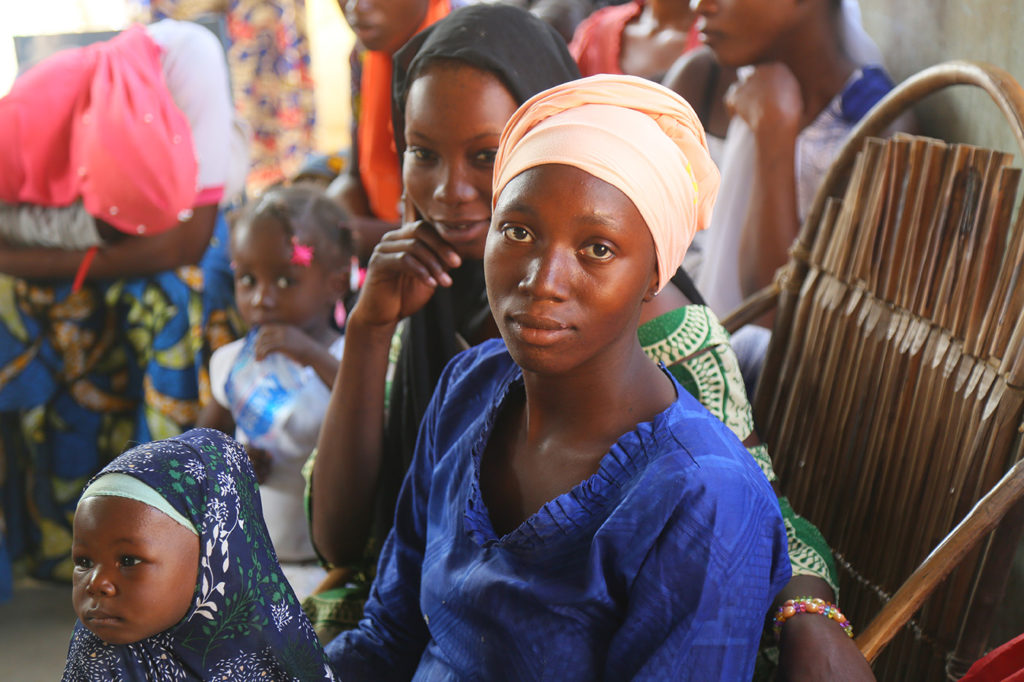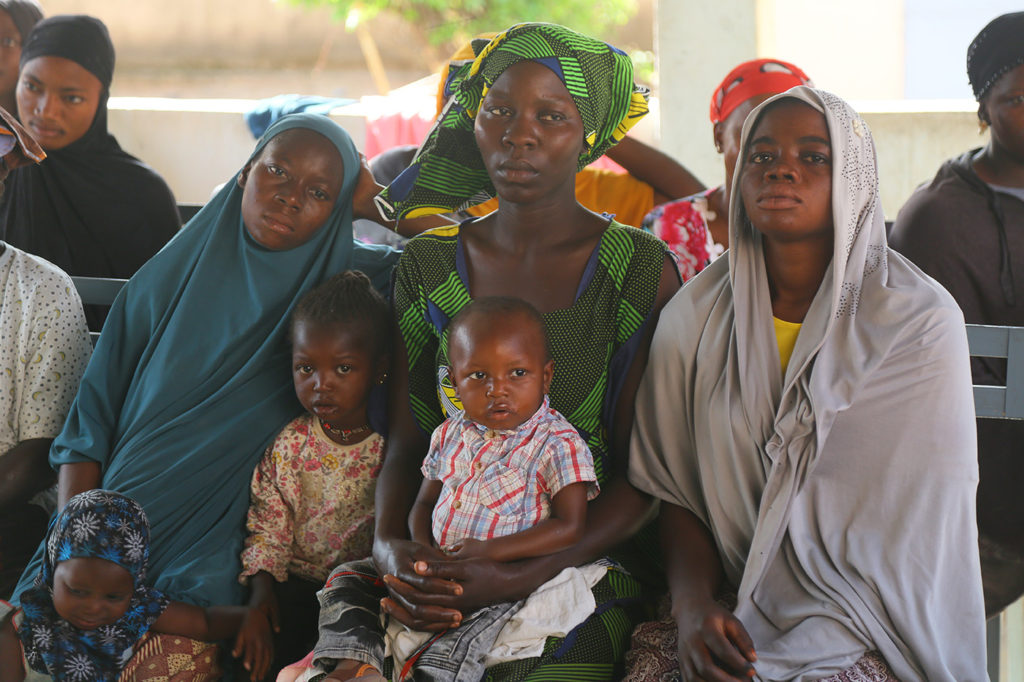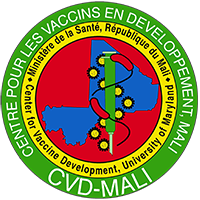This year, like every year, CVD-Mali is immensely proud to add its voice and experience to the global celebration that is WHO’s World Immunization Week.

This year’s theme, ‘The Big Catch-Up’, is particularly relevant to us in Mali – and, I suspect, to a great many countries like ours, for whom routine immunization and the extended programme of immunization (EPI) are staples of public health provision and a crucial element in ensuring that our communities are able to build up resistance to a number of common, dangerous but preventable diseases which continue to wreak havoc throughout entire communities and regions.
This is particularly true this year, of course.
Restoring the balance
The COVID-19 crisis caused untold damage to communities in Mali, as it did throughout the world. That damage – to millions of lives – was both direct, as a result of infection with SARS-CoV-2, and also indirect: so many routine health interventions, on which the fragile balance of people’s health is based, particularly in low-income and remote or isolated communities, were upended.
That included disruption to vaccination programmes, as pandemic precautions effectively shut down the vaccination days which usually ensure that children in particular get vaccinations that help them thrive, in the best possible health.
COVID-19 also demonstrated the vital role vaccines play in our ability to resist disease as a human population – showing clearly that their primary strength lies in their widespread adoption.
The difficulties and inequities of COVID-19 vaccination worldwide have been well documented and I have spoken at length about these in the past.

A solution for all seasons
Today though, during World Immunization Week 2023, I prefer to concentrate on messages and arguments which are relevant, powerful, and compelling whatever the prevailing context and climate.
Vaccines save lives.
They make us all stronger.
They are safe and well tolerated and they are always subject to the strictest possible standards and checks.
They are one of the most important public health intervention we have at our disposal – on the sole condition that they are administered without restriction and without barriers to access.
Catching up to go even further
That is why I have been delighted to see – in Mali, and in other countries – rates of routine and other vaccinations picking up significantly in recent times, after dropping off in 2020 and 2021.
It is vital that we get back to 2019 levels of coverage and, once we have done so, that we move forward with even greater resolve.
At CVD-Mali, vaccines are at the very heart of our reason for being.
We are proud to have assisted in a great many vaccine trials both past and present and to have played a central in introducing a number of vaccines into Mali’s national programme of immunization.
Reducing disease daily
These vaccines contribute every single day to saving lives and reducing the burdens of disease and suffering for people throughout the country.
In recent months we have been trialling COVID-19 vaccines in partnership with WHO’s STV platform, and also with with ANRS / IREIVAC’s CoviCompare project .
We are now about to start a new vaccine trial, to assess the efficacy of a new trivalent salmonella conjugate vaccine.
African researchers leading the way
These trials, along with many others currently being carried out across our vast and wonderful African continent, show that African scientists and researchers can and must be at the frontline of vaccine development, and we at CVD-Mali are especially proud to celebrate African Vaccination Week too.
There is much to look forward to. There are exciting developments in Ebola and malaria vaccine development – and all the while a whole host of dedicated researchers works tirelessly to increase the power of our global vaccination arsenal.
We salute and thank them all – and wish you all a wonderful World Immunization Week!
Professor Samba Sow
